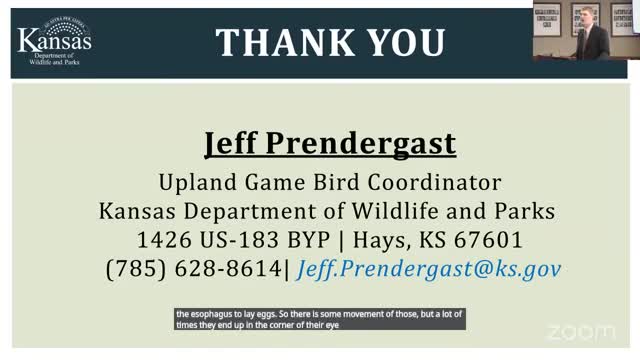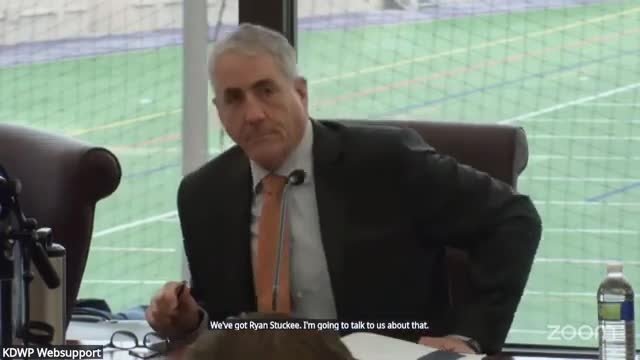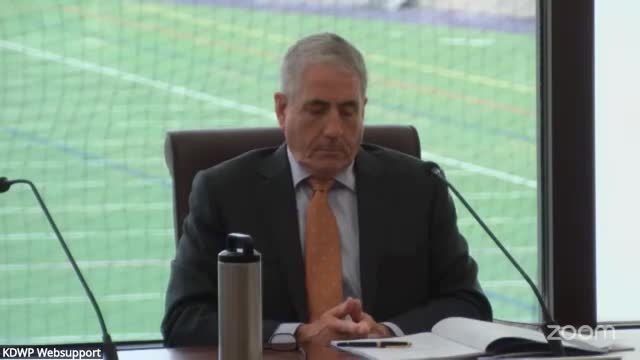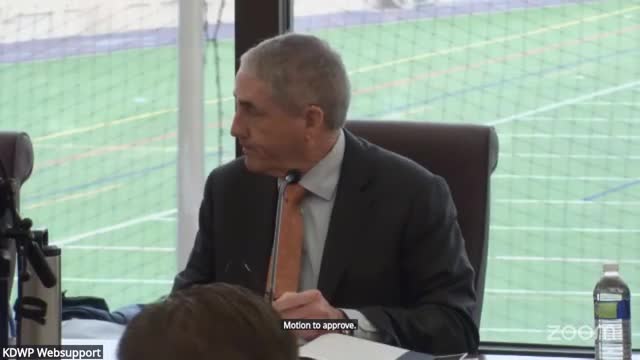Article not found
This article is no longer available. But don't worry—we've gathered other articles that discuss the same topic.

KDWP keeps night-vision coyote season under review after experts, law enforcement and public raise conflicting evidence and concerns

Kansas agency defends ban on trail cameras on public lands; users, landowners remain split

Kansas wildlife researchers find low eye-worm infection rates in quail and pheasants, urge habitat focus

